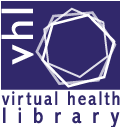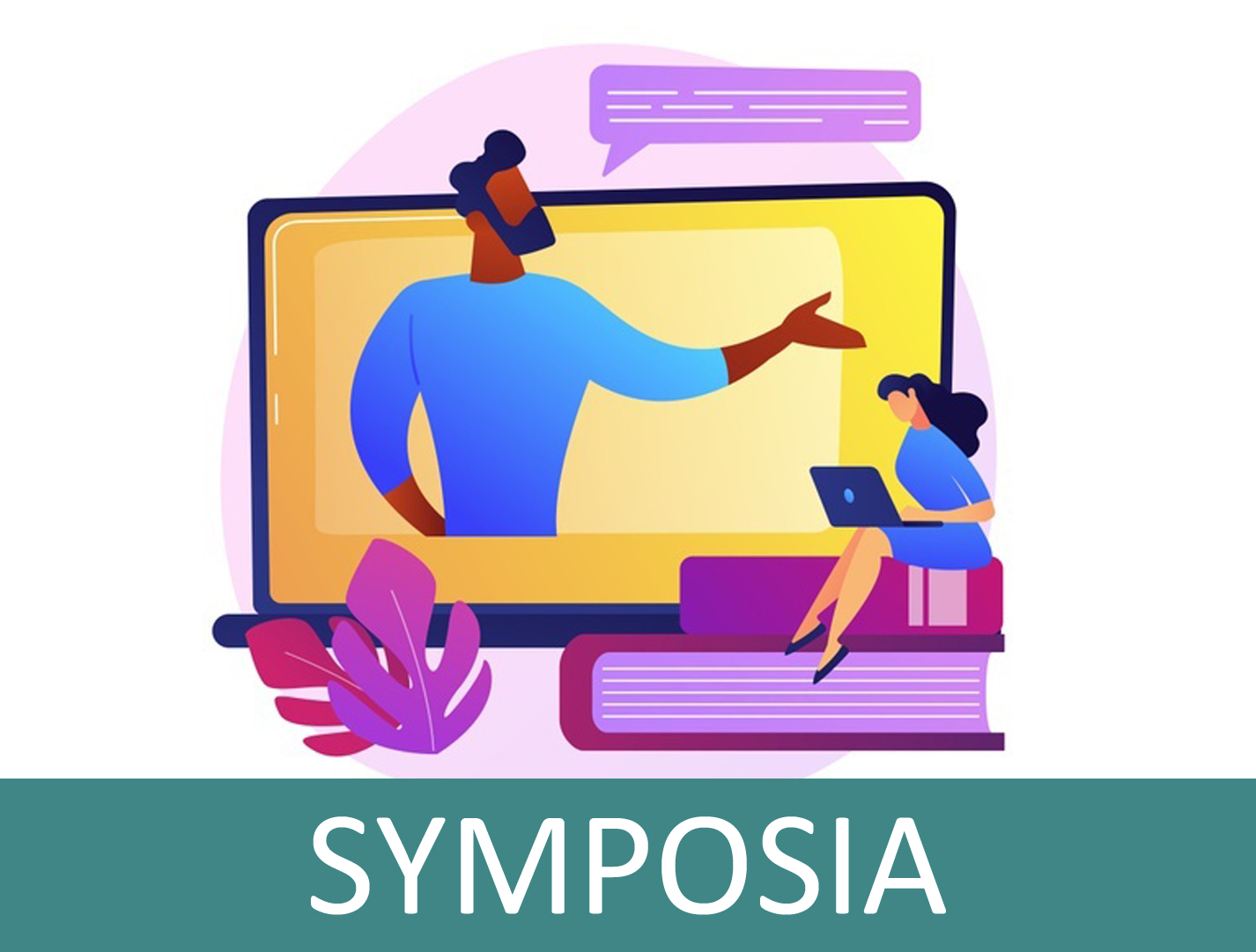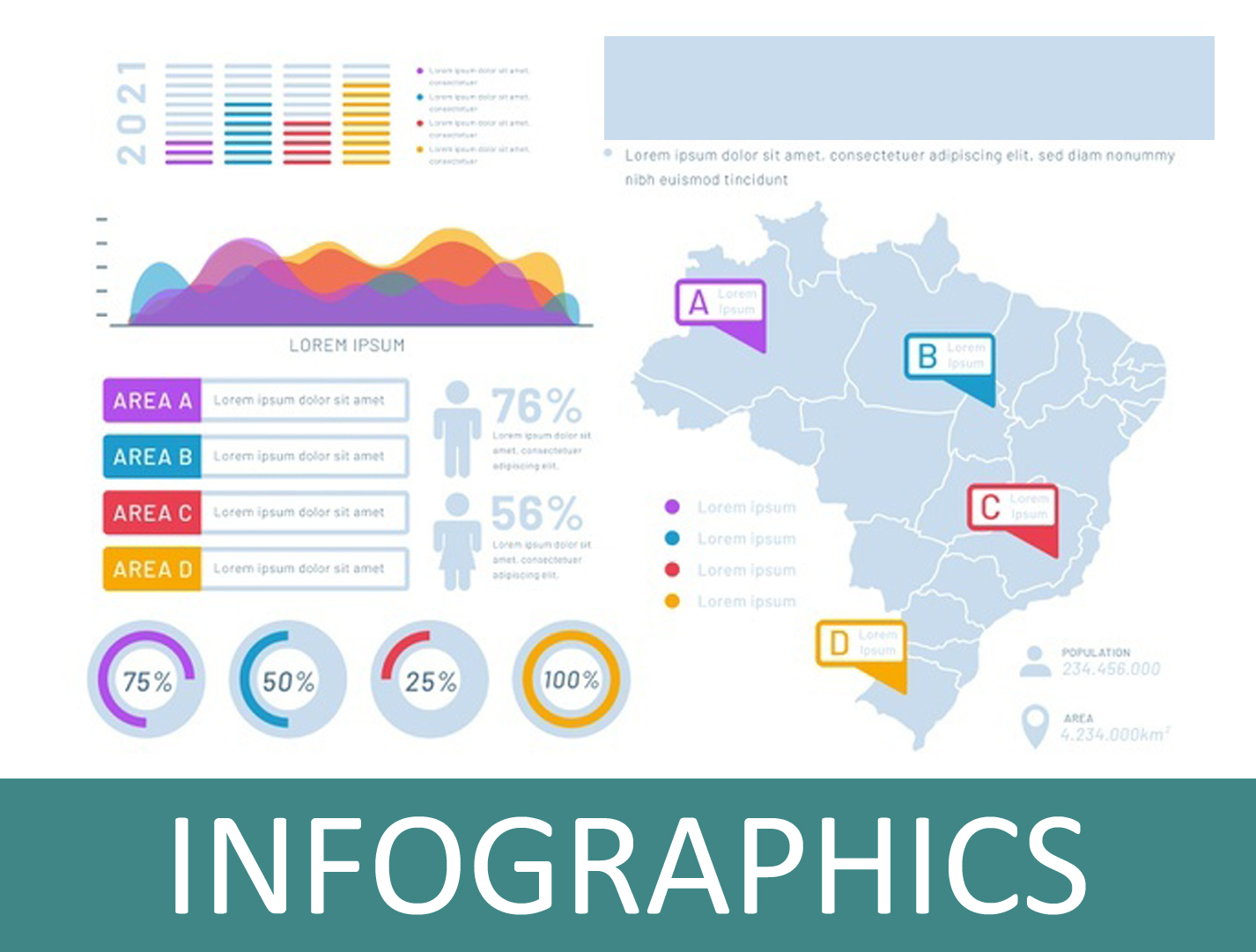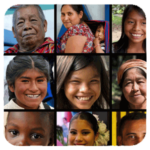Traditional Medicines of the Americas
The region of the Americas is characterized by being multicultural and multilingual, where a great diversity of indigenous, Afro-descendant, Romaní and other ethnic populations coexist and survive -according to the names of the countries-, which although they share many similarities due to their geographical location or their cultural and linguistic affiliation, they have different conceptions about Traditional Medicines, as well as the types of practices, practitioners and techniques to maintain health and prevent and cure diseases. (VHL TCIM)
Intercultural and intersectoral public health policies
 The countries of the region are carrying out actions to recognize, protect and strengthen traditional medicines, their knowledge, practices and practitioners, as well as articulating said medicines with health systems and services, developing technical guidelines, guides, protocols, standards and regulations in a participatory manner with ethnic peoples and guaranteeing the provision of culturally appropriate health services. Know more
The countries of the region are carrying out actions to recognize, protect and strengthen traditional medicines, their knowledge, practices and practitioners, as well as articulating said medicines with health systems and services, developing technical guidelines, guides, protocols, standards and regulations in a participatory manner with ethnic peoples and guaranteeing the provision of culturally appropriate health services. Know more
Exchange of experiences, wisdom and knowledge in Traditional Medicines
 Exchange of information among the various ethnic peoples that inhabit the Americas, on human resources, inputs, methods, products, and practices in traditional medicines, as well as challenges and lessons learned.
Exchange of information among the various ethnic peoples that inhabit the Americas, on human resources, inputs, methods, products, and practices in traditional medicines, as well as challenges and lessons learned.
Interculturality in the framework of the social determinants of health
 Advances in the countries of the Americas, in coordination with the ethnic peoples of the Americas, in terms of analysis of the health situation from the perspective of their own and the Western-allopathic perspective and within the framework of the social determinants of health, as well as design of intercultural epidemiological profiles and models of intercultural health. Know more
Advances in the countries of the Americas, in coordination with the ethnic peoples of the Americas, in terms of analysis of the health situation from the perspective of their own and the Western-allopathic perspective and within the framework of the social determinants of health, as well as design of intercultural epidemiological profiles and models of intercultural health. Know more
Information and dissemination systems that make Traditional Medicines visible
 Evidence of inclusion of the variable of ethnic belonging (self-recognition) in the health information systems of the region, the indicators to analyze the health situation and the instruments to disseminate and use said information in the elaboration of public policies with an intercultural approach. Know more
Evidence of inclusion of the variable of ethnic belonging (self-recognition) in the health information systems of the region, the indicators to analyze the health situation and the instruments to disseminate and use said information in the elaboration of public policies with an intercultural approach. Know more
Capacity building and training of human talent with an intercultural approach
 Information on training from culture and on traditional medicines; technical, professional and community training with intercultural competencies; sensitization and training of national health service personnel and decision makers; recognition of the human talent of traditional medicines; curricular meshes in higher education; their own training spaces, among others. Know more
Information on training from culture and on traditional medicines; technical, professional and community training with intercultural competencies; sensitization and training of national health service personnel and decision makers; recognition of the human talent of traditional medicines; curricular meshes in higher education; their own training spaces, among others. Know more
Research and generation of evidence on Traditional Medicines
 Information on research carried out from the communities, academia and institutions on traditional medicines, their health agents, practices, procedures, treatments; knowledge and traditional knowledge about health and disease, regulation of its use and commercialization; use and transformation of medicinal plants; their own diseases; in other aspects. Know more
Information on research carried out from the communities, academia and institutions on traditional medicines, their health agents, practices, procedures, treatments; knowledge and traditional knowledge about health and disease, regulation of its use and commercialization; use and transformation of medicinal plants; their own diseases; in other aspects. Know more
Traditional Medicines in emergencies and disasters
 Contribution of traditional medicines to prevent and attend emergency situations and disasters, such as pandemics (such as Covid19), floods, landslides, death caused by natural phenomena, among others. Know more
Contribution of traditional medicines to prevent and attend emergency situations and disasters, such as pandemics (such as Covid19), floods, landslides, death caused by natural phenomena, among others. Know more
Relevant links
 Links to various academic institutions, research groups, collaboration networks, associations, and international organizations that include intercultural health and traditional medicines in their agenda and objectives.
Links to various academic institutions, research groups, collaboration networks, associations, and international organizations that include intercultural health and traditional medicines in their agenda and objectives.
Know more






